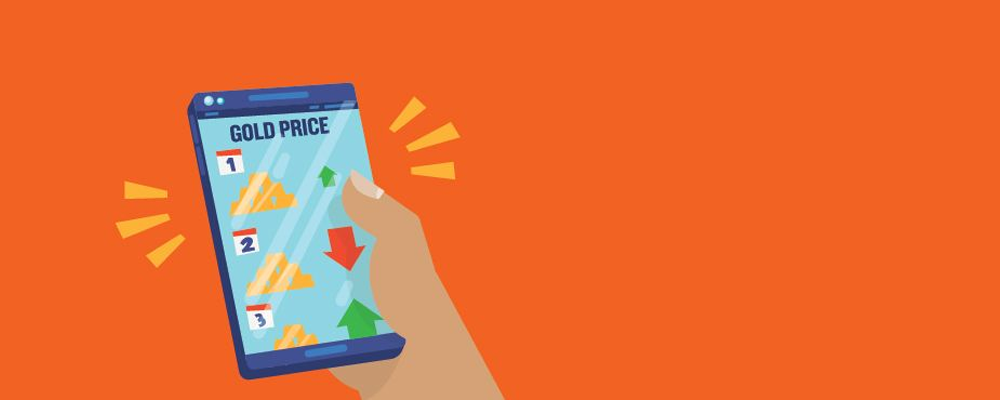-
Consumer
-
Investing
- Investing basics
- Deciding how to invest
- Ethical investing
- Managing your investment
- Online investing platforms
-
Types of investments
- Bank regulatory capital
- Binary options
- Bonds
- Cash investments
- Crowdfunding
- Cryptocurrencies
- Derivatives
- Exchange-traded funds
- Foreign exchange trading
- Gold and other commodities
- Investment software packages and seminars
- Managed funds
- Peer-to-peer lending
- Property investment
- Property syndicates
- Shares
- Wholesale investments
- Getting advice
- Everyday finance
- KiwiSaver & Superannuation
- Unregistered businesses
-
Investing
-
Finance professionals
-
Services
- Accredited bodies
- Administrators of financial benchmarks
- Auditors
- Authorised body under a financial advice provider licence
- Client money or property services provider
- Climate Reporting Entities (CREs)
- Crowdfunding service providers
- Crypto asset service providers
- Directors
- Derivatives issuers
- Discretionary Investment Management Service (DIMS)
- e-money and payment service providers
- Financial advice provider
- Financial adviser
-
Financial Institutions
- Financial Institution licensing
- Fair Conduct Programme
- Financial institution licensing FAQs
- Sales incentive FAQs
- Financial institution regulatory returns
- FMA letter sent to entities licensed under the Conduct of Financial Institutions regime (CoFI)
- FMA Letter to Insurers Regarding Incentive Structures and Fair Conduct Obligations
- Financial market infrastructures
- Independent trustees
- Interposed persons under the financial advice regime
- Managed investment scheme manager
- Market operators
- Offer disclosure for equity and debt offers
- Offers of financial products
- Peer-to-peer lending service providers
- Supervisors
- Focus areas
- Legislation
- Licensed & reporting entities
- Online Services
-
Services
- myFMA Document library
-
About
- People & leadership
- Board
- Regulatory approach
- Enforcing the law
- Investor capability
- Corporate publications
- News & Insights Document library
- Scams Document library
- Careers Document library
-
Contact
- When to contact us
- Make a complaint
- Official Information Act (OIA) requests
- Make a protected disclosure (whistleblowing)
- Frequently asked questions
Page last updated: 04 October 2018
Gold and other commodities
Commodities are goods or materials bought and sold freely as an article of commerce. Examples include agricultural products, fuels, and metals such as gold and silver.
You can buy some commodities (like gold) direct from a dealer, or you can invest in commodities via a managed fund. You can also buy derivatives or shares of listed commodity-producing companies (for example a company that produces oil or crops).
Commodities like gold are often used to spread risk because their price tends to move at different times to other types of investments. But investing in commodities is not low risk.

Understanding the risks
-
It may be years before you make a profit
Direct commodity investments don’t pay interest or dividends. You can only make money if the commodity increases in value and you’re able to sell for more than you paid. Prices can be subject to wild price swings so it may be many years before you get the price you want. There will also be costs to consider, such as storage and insurance and you may have to pay tax if a commodity is sold for a profit.
-
It can be hard to predict the future price of commodities
Gold is usually priced in US dollars, so its value is affected by movements in currency exchange rates as well as international demand. This can help you spread risk because prices tend to move at different times to other types of investments. But it also makes it harder to predict what the future price might be.
-
It may be safer to work with local dealers
If you’re buying a commodity directly, make sure you know where it comes from. In the case of gold, certain dealers are recognised around the world. Using a local, reputable dealer may make it easier to resolve any issues and to sell the commodity.
-
You could get scammed
We are aware of scammers selling commodities like gold. Be wary of businesses not based in New Zealand. Scammers commonly try to ‘sell’ gold or other commodities they promise to keep safe for investors. If you’re buying gold, ask yourself how you know that same bar of gold hasn’t been sold to other investors as well?
How to reduce risk
- Make sure the seller, and anyone storing your commodities, is reputable.
- If you want to invest in commodities through a dealer, it’s important to ensure your dealer is trustworthy. We don’t regulate them, so can’t help if things go wrong.
- If you want to invest directly, we strongly recommend you seek financial advice.
- If you’re considering commodity futures, options or other derivatives products, only buy through a provider named on our licensed derivatives issuer list.
- For more information about direct investment in commodities, such as gold, speak to a financial adviser.
